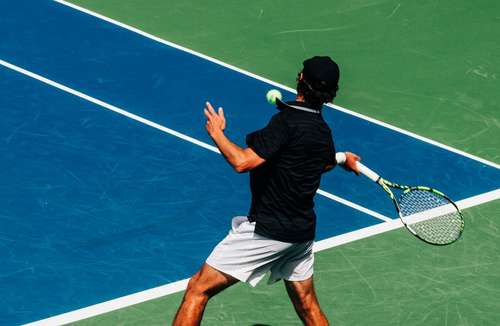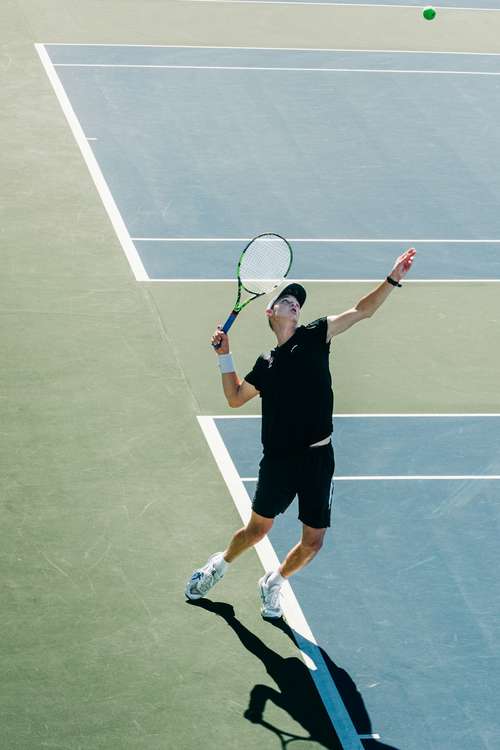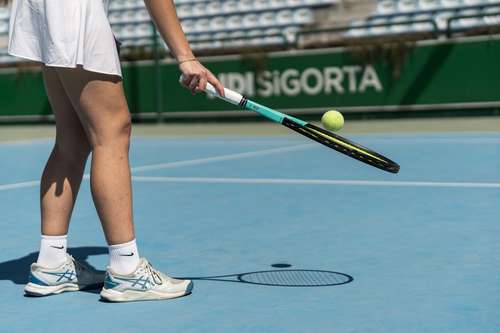Simona Halep, a well-known name in women's tennis, recently had a significant setback when she was given a four-year suspension for breaking anti-doping laws.
The 31-year-old Romanian tennis player was suspended, according to the International Tennis Integrity Agency (ITIA), after a separate tribunal upheld two of the claims against him.
The initial accusation was based on an Adverse Analytical Finding (AAF) of the illegal drug, roxadustat in a urine sample taken from Halep during the 2022 US Open.
During October of that year, she was suspended temporarily after the discovery was made. Halep was in disbelief at the revelation and denied using the illegal substance purposefully. She referred to it as the "biggest shock of [her] life." Despite her defense, the tribunal ultimately confirmed the presence and use of roxadustat in her sample, dealing a significant blow to her case.
The second complaint made by Simona Halep pertained to inconsistencies found in her Athlete Biological Passport (ABP), which intensified the doping accusations against her. The ABP monitors blood markers in athletes, and variations in its readings can indicate possible doping. This accusation added further intricacy to her case, raising questions about her adherence to anti-doping rules.
While Halep maintained her innocence, these inconsistencies amplified the scrutiny surrounding her. They underscored the seriousness of the charges, making her defense even more challenging in the eyes of the independent tribunal and the tennis world.
Halep consistently emphasized that she had never intentionally used any forbidden substance throughout the course of the inquiry and tribunal proceedings to uphold her innocence.
She opined that the positive roxadustat test result could have been brought on by her unintentional consumption of a tainted nutritional supplement. The tribunal accepted this explanation, although it was noted that the concentration in her sample could not be explained by the amount of the substance she consumed.

Simona Halep's suspension until October 6, 2026, at the age of 35, is a significant blow to her tennis career. Despite her remarkable accomplishments, which include winning the French Open and Wimbledon in 2018 and 2019 and being ranked as the world's No. 1 player in 2017 and 2018, this suspension overshadows them.
These accolades are dwarfed by the stain of a four-year ban due to doping violations, tarnishing her legacy and raising questions about her past accomplishments. Her journey from the pinnacle of tennis success to this suspension underscores the severe consequences of violating anti-doping rules in professional sports.
Due to Halep's status as one of the most well-known tennis players to test positive for a prohibited drug since Maria Sharapova in 2018, the case also raises awareness of the doping problem in the sport. It draws attention to the strict anti-doping regulations that are in place in the sport and the severe penalties for athletes who break them, even if they claim unintentional use.
The recent four-year ban of Simona Halep for drug offenses in the tennis world has garnered attention. This serves as a reminder of the strict enforcement of anti-doping laws in the sport, and how violating these rules can have significant consequences for an athlete's career, regardless of their achievements or status.




